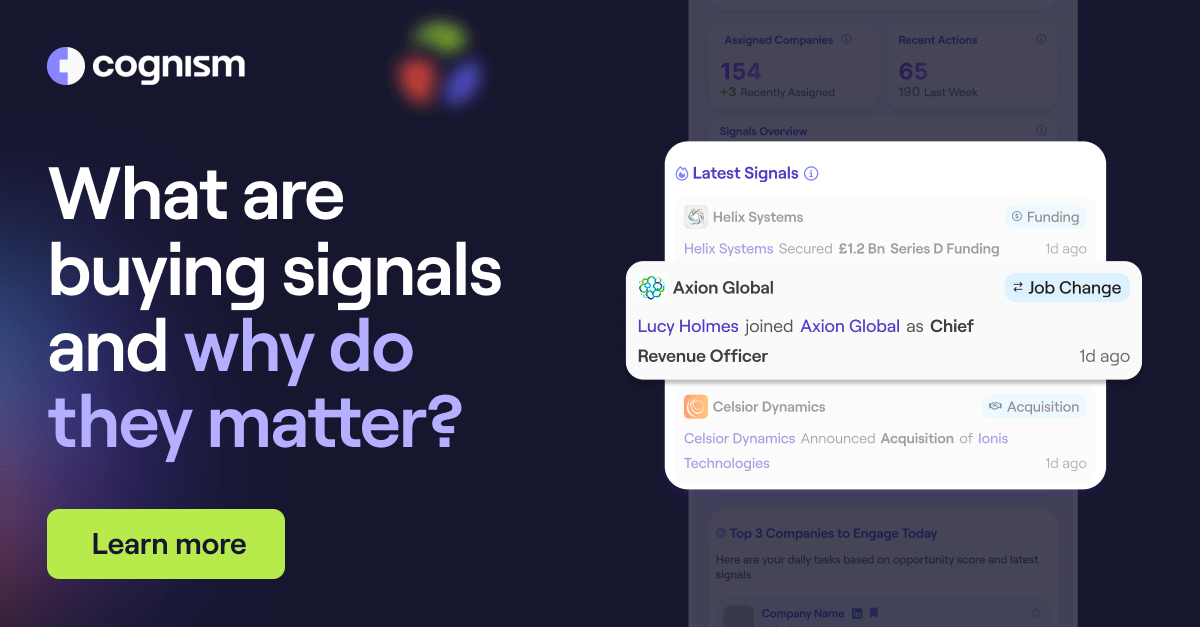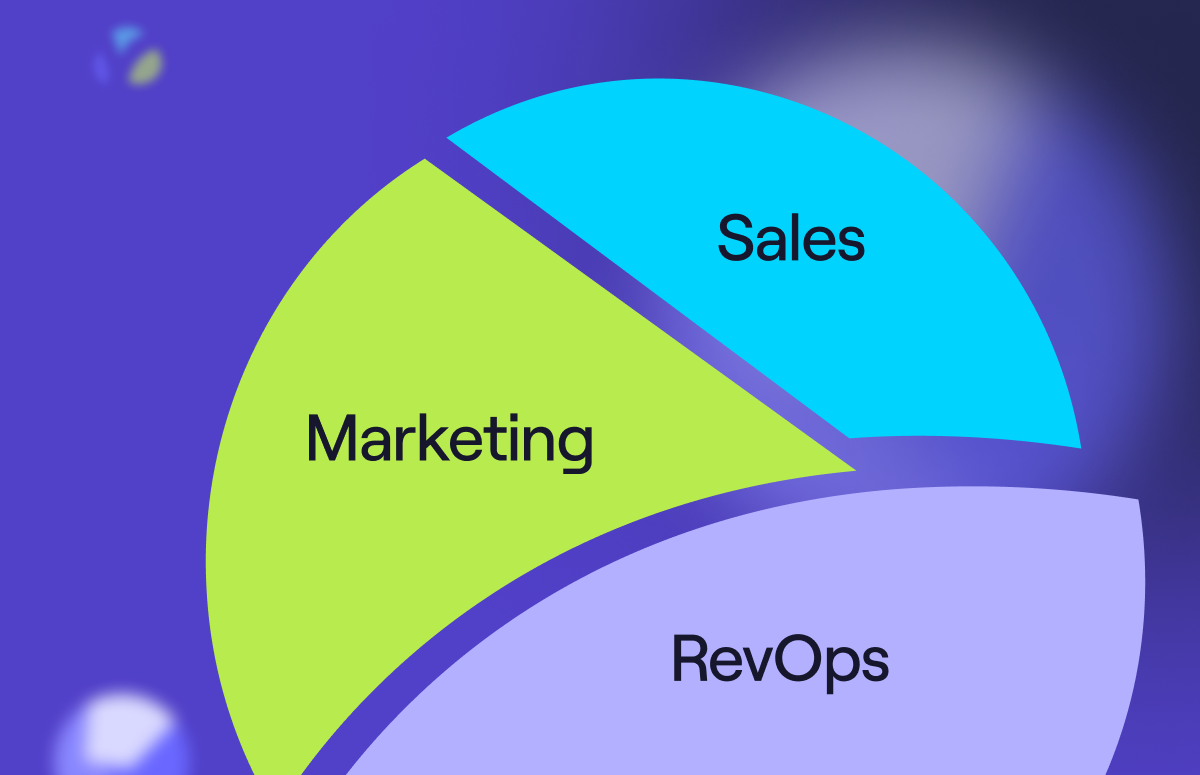B2B Data for International Expansion: The Secret to Growth
International business data resources on this page:
Are you a B2B business ready to conquer new horizons on the global stage?
Unlocking the realm of international expansion requires a secret ingredient: B2B data.
But how can you use B2B data for international expansion?
That’s what we explore in this article! Scroll 👇 to learn:
- What is global expansion?
- Why use B2B data for international expansion?
- What are the strategies for expanding internationally using B2B data?
What is global expansion?
Global expansion is when a company expands its business into foreign markets. It’s also known as international, overseas, and foreign expansion.
Expansion can take various forms, including establishing a physical presence in new countries, entering partnerships or alliances with foreign entities, exporting products or services to new markets, and more.
Businesses invest in global expansion for several reasons:
- Market Growth: entering new markets allows B2B companies to tap into additional sources of revenue and a new customer base, especially if the domestic market is saturated or experiencing slow growth.
- Diversification: expanding globally can reduce risks associated with over-reliance on a single market. You can balance economic fluctuations, regulation changes, or consumer preferences in one country with operations in others.
- Economies of scale: as your business expands its operations, it may achieve economies of scale, leading to cost reductions in production, distribution, and procurement.
- Competitive advantage: presence in multiple markets can enhance your brand’s global recognition and reputation.
- Access to resources: global expansion might provide access to new talent, technologies, and resources that may not be available in your primary country of operation.
- Learning and innovation: operating in diverse markets can lead to exposure to different customer needs, preferences, and business practices, fostering innovation and learning.
Why use B2B data for international expansion?
Leveraging B2B data when expanding a business internationally has many advantages.
For instance, you can easily navigate unfamiliar markets and get precise insights to identify potential partners, clients, and growth opportunities.
Moreover, using quality B2B data helps reduce prospecting time, minimise costs, and support the development of new products and strategies.
Let’s dive in and explore why using international business data for expansion is a fantastic idea:
1. Finding new business
One of the biggest advantages of harnessing B2B data for international expansion is the ability to pinpoint new business opportunities.
You don’t have to spend hours profiling companies you want to outreach to. Instead, you get instant access to well-researched contact data.
Best-in-class global data removes the language barrier and your lack of local knowledge, setting you up for success.
2. Reducing prospecting time
Identifying potential partners or clients in a new market can take time and effort. B2B data, however, simplifies the process by providing readily available insights into the market landscape.
Thanks to this, you can accelerate the prospecting phase and, as a result, identify and engage with viable leads without wasting your resources.
3. Lowering costs
International expansion inherently involves significant investments. Minimising unnecessary costs should be your top priority.
B2B data plays a pivotal role by helping you focus on high-potential leads. As a result, you cut down wasteful expenditures on unfruitful pursuits. By targeting the right prospects, you can optimise your marketing, sales, and operational strategies and achieve cost efficiency.
For example, with B2B intent data, you can easily filter through prospects currently in the market actively searching for your products. B2B data providers like Cognism and Lusha offer intent data to help you close deals quickly.
4. Discovering new growth opportunities
The dynamic nature of international markets presents opportunities that may take time to become apparent.
B2B data unveils these opportunities by offering insights into emerging trends, niche markets, and untapped segments.
B2B data can reveal patterns in job titles or industries that show a high demand for particular products or services. This information can guide you in expanding your product lines to more effectively meet market needs.
💡 Check out this virtual product tour for an example of how Cognism makes finding contact data to engage in expansion conversations at exactly the right time easy.
5. Supporting new products and strategies
Introducing new products or strategies into an international market demands a deep understanding of local nuances and preferences.
B2B data equips you with the knowledge to fine-tune your offerings and approaches, ensuring you resonate with the target audience.
With high-quality B2B data, you have good chances for successful market launches.
After starting with your expansion strategy, it’s important to secure early sales wins. Calling unverified phone numbers makes this difficult and prevents you from talking to the right decision-makers.
You should instead use only verified B2B data. Cognism lets you access verified phone numbers and reach decision-makers in new markets without hassle.
Strategies for expanding internationally using B2B data
Leveraging B2B data for international business requires a comprehensive approach; you should plan it well.
Here are eight strategies to use B2B data for the utmost success:
1. Research the top countries for international expansion
When launching a global business data strategy, the first thing to do is thoroughly research your target market. Many companies hire a research firm to help them do this, but you can also invest in sales intelligence tools that offer data insights if you prefer to do it yourself.
B2B sales data offers insights into market trends, consumer behaviour, and industry competition. By analysing this data, you can identify the best countries for business (AKA the global expansion index) and uncover essential geographical insights into your new market.
Examples of research data you’ll need for international expansion is:
- Market size.
- Competitors in the region.
- Market dynamics.
- Expected growth rates.
- Expected revenue.
When expanding your business into a new market, you must also present this data to the board. With this data, you can focus on resources likely to yield the highest returns.
2. Calculate your TAM
Calculating your total addressable market (TAM) will be part of your market research. This will help you understand the size of the opportunity in a given market and make informed decisions about resource allocation, marketing strategies, and growth goals.
B2B analysis should be part of this data because it helps understand TAM more precisely. Segmenting the market and understanding the potential demand for your product or service can help you set realistic growth targets.
Cognism has a free TAM calculator to help you do this.
3. Understand the laws and regulations
There are strict compliance rules for using personal data across countries. B2B data users must adhere to these regulations.
For example, using data for unsolicited marketing emails without proper consent might violate local laws, depending on the country. You must be aware of these restrictions to avoid legal issues.
When choosing a B2B data provider, check if they comply with the regulations of the country where you want to source contacts.
For example, Cognism offers GDPR-compliant data, SOC2 type II certification, ISO 27001 and ISO 27701 certificates. Also, it screens all its phone numbers against:
- TPS/CTPS lists in the UK.
- Do-Not-Call lists in the USA, Canada, Australia and European countries, including Germany, France, Spain, Ireland, Belgium, Croatia, Portugal, Sweden and more.
Choosing a data provider that offers comprehensive, up-to-date B2B data tailored to your target countries is crucial for global expansion. It’s now the company’s major pipeline channel:
“A core reason for unlocking the Cognism conversation was its compliant reputation. During the sales process, the legal team spoke with Cognism’s compliance team.”
“They were very impressed that Cognism is dedicated to maintaining ISO 27701 and SOC2 frameworks. It was evident that security is a top priority, so the needle moved faster in the sales process.”
“All outbound leads stem from Cognism’s data. Our indirect pipeline contribution from this vertical is 30% in Southern Europe.”

SDR Manager @Cloudreach

4. Build partnerships and collaborations
International business data helps you identify potential clients; it opens doors for partnerships and collaborations. Use it to identify companies that could be strategic partners or distributors in your new market. Building local partnerships can provide valuable insights and enhance credibility.
For instance, a local partner can explain language differences, purchasing habits and cultural aspects you might not know. Then, you can customise your offering in a way that’s welcomed while avoiding any pitfalls or controversial slip-ups.
Consider finding local partners to co-host when organising events such as webinars, talks, or podcasts targeted at your core audience.
Even better, partnering with some local organisations targeting the same audience but not a direct competitor will drastically impact how your new audience views your brand.
5. Monitor and adapt to market trends
B2B data facilitates continuous monitoring of market trends, industry shifts, and emerging competitors.
Keep track of your competitors' performance and how others have failed or found success. Regularly update your strategies based on these insights and consider ways to benefit from the changing business landscape.
You can stay ahead of these trends by investing in data that offers marketing and sales triggers that are refreshed and updated in real-time. By sourcing fresh international business data, you can quickly identify new market players — both from the group of prospects and competitors.
6. Tailor your marketing and sales approach
Data is an excellent way to craft personalised marketing and sales approaches for each target market. Leverage the insights from marketing data to understand the preferences, pain points, and communication channels that resonate most with potential clients.
Look at:
- Demographic data.
- Firmographic data.
- Techhnographic data.
- Chronographic data.
- Intent data.
All these data types can help you tailor your messaging, from cold emails and ABM campaigns to paid ads and cold calling scripts.
💡 You’ll find learning about implementing a go-to-market strategy beneficial when expanding into a new market.
7. Find a data provider that has a global database
You must have a trustworthy data provider to outreach to target leads.
In addition to Cognism, companies like ZoomInfo, Lusha, and Kaspr can offer you the best data for international expansion.
Here’s the proof:
Promon used Cognism to expand into South America successfully. They saved ten hours of weekly administrative activities. They said:

Business Development Representative @Promon

8. Customer feedback and iterative improvement
Once you’ve made inroads into a new market, leverage your international B2B data to gather feedback directly from customers and partners. Their insights provide valuable information on the performance of your products or services in the market.
Use this feedback loop to improve your offerings, ensure they align with local preferences and requirements, and maintain a strong competitive edge.
Using data for global expansion - key takeaways
A strong data strategy will give you a competitive edge when expanding globally.
But you must invest in the most up-to-date, accurate, globally compliant B2B data to provide better services, improve your customer experience, and optimise production.
This allows organisations to improve their decisions, manage sales and marketing campaigns, and develop winning global market entry strategies.
Where to get B2B data for business expansion?
Global expansion is almost doomed to fail without access to high-quality B2B data. So, which provider should you choose?
Here’s what makes Cognism stand out:
- Accurate and up-to-date global contact database.
- Diamond Verified Data®, which arms sales teams with phone-validated, factually correct mobile numbers.
- The best mobile phone number coverage in the US (2x more than other providers).
- The most complete data in the EMEA.
- Intent data powered by Bombora.
- Unrestricted views and individual and page-level exporting.*
- Advanced contextual data points and sales trigger alerts.
- CRM and sales engagement integration tools are included in every package.
Look no further — choose Cognism as your data provider for global expansion 👇




